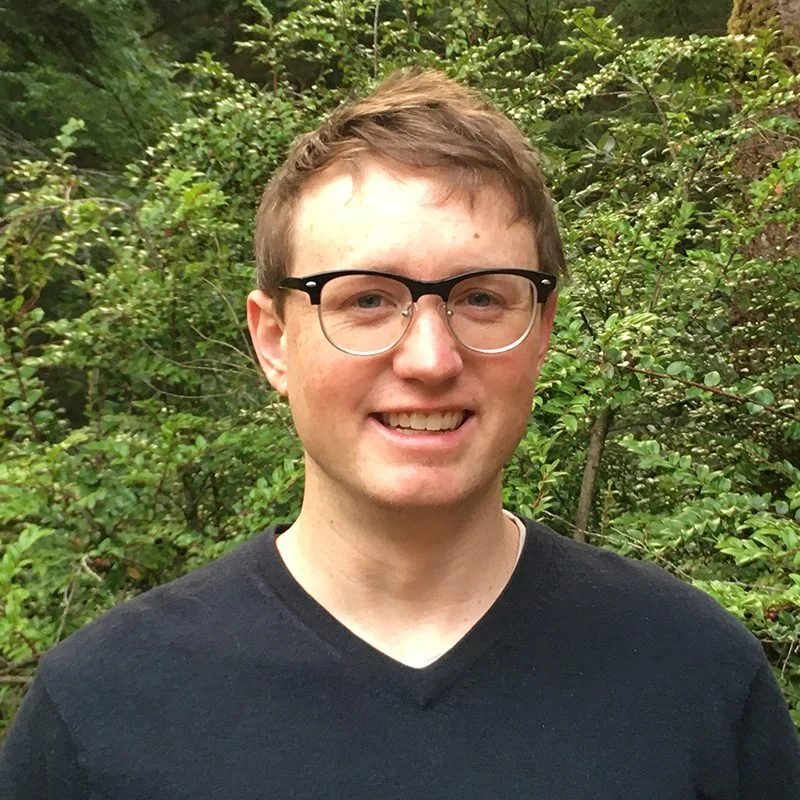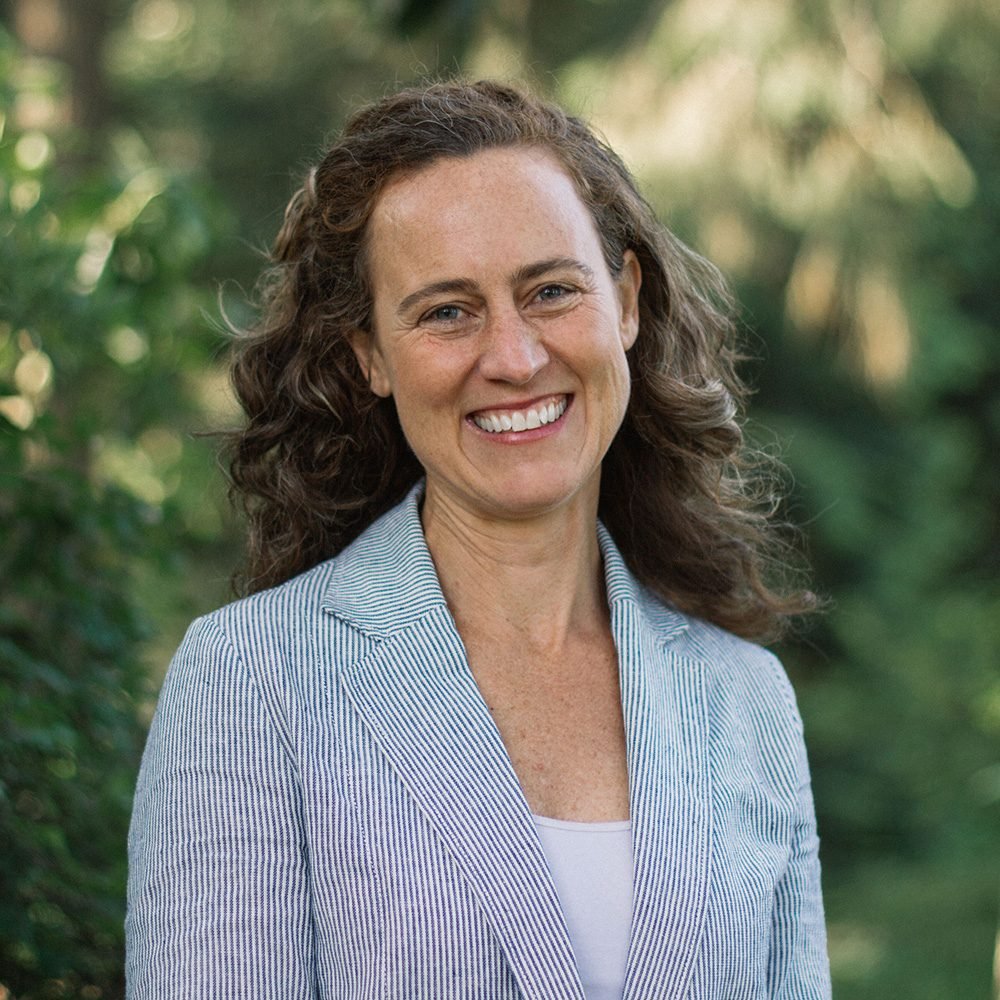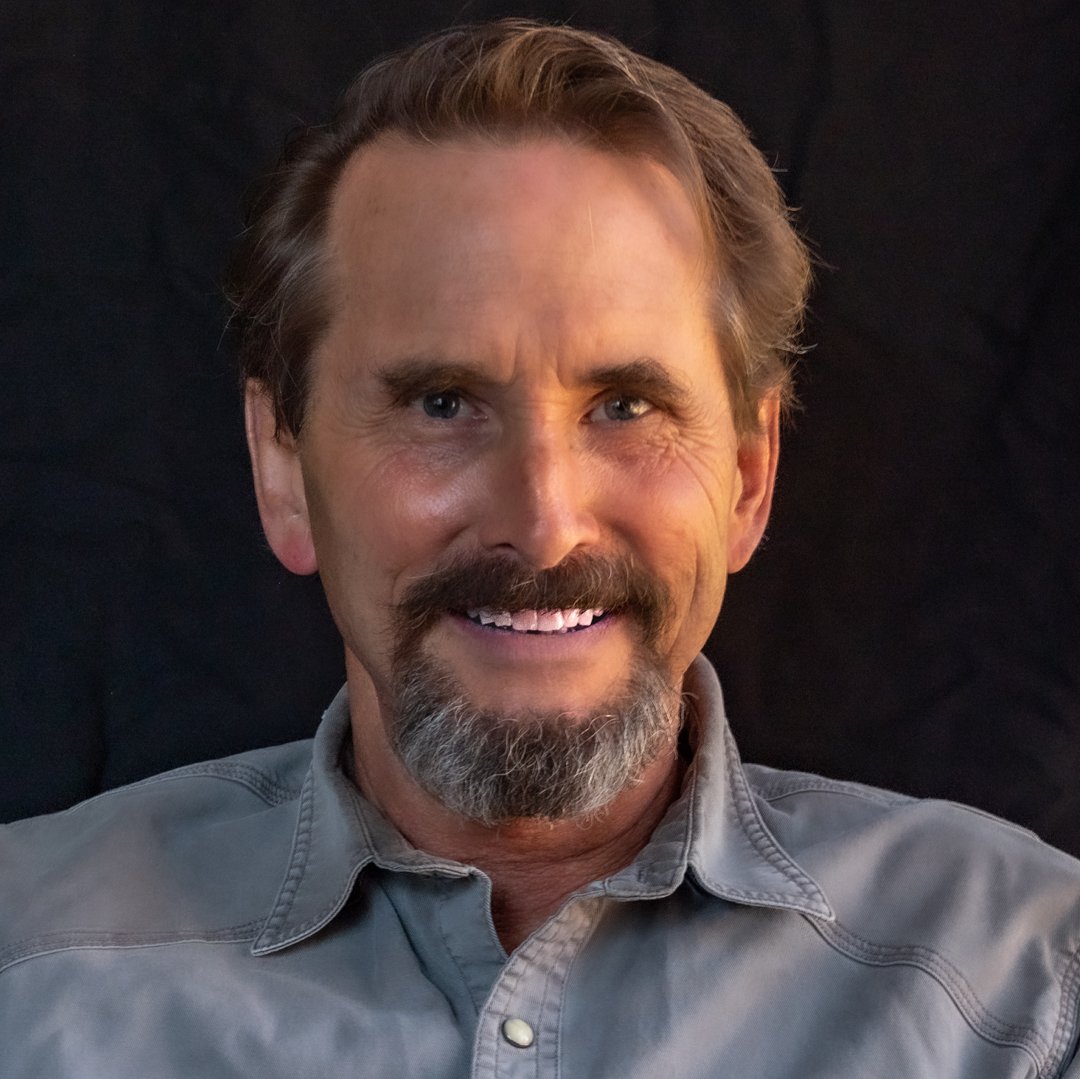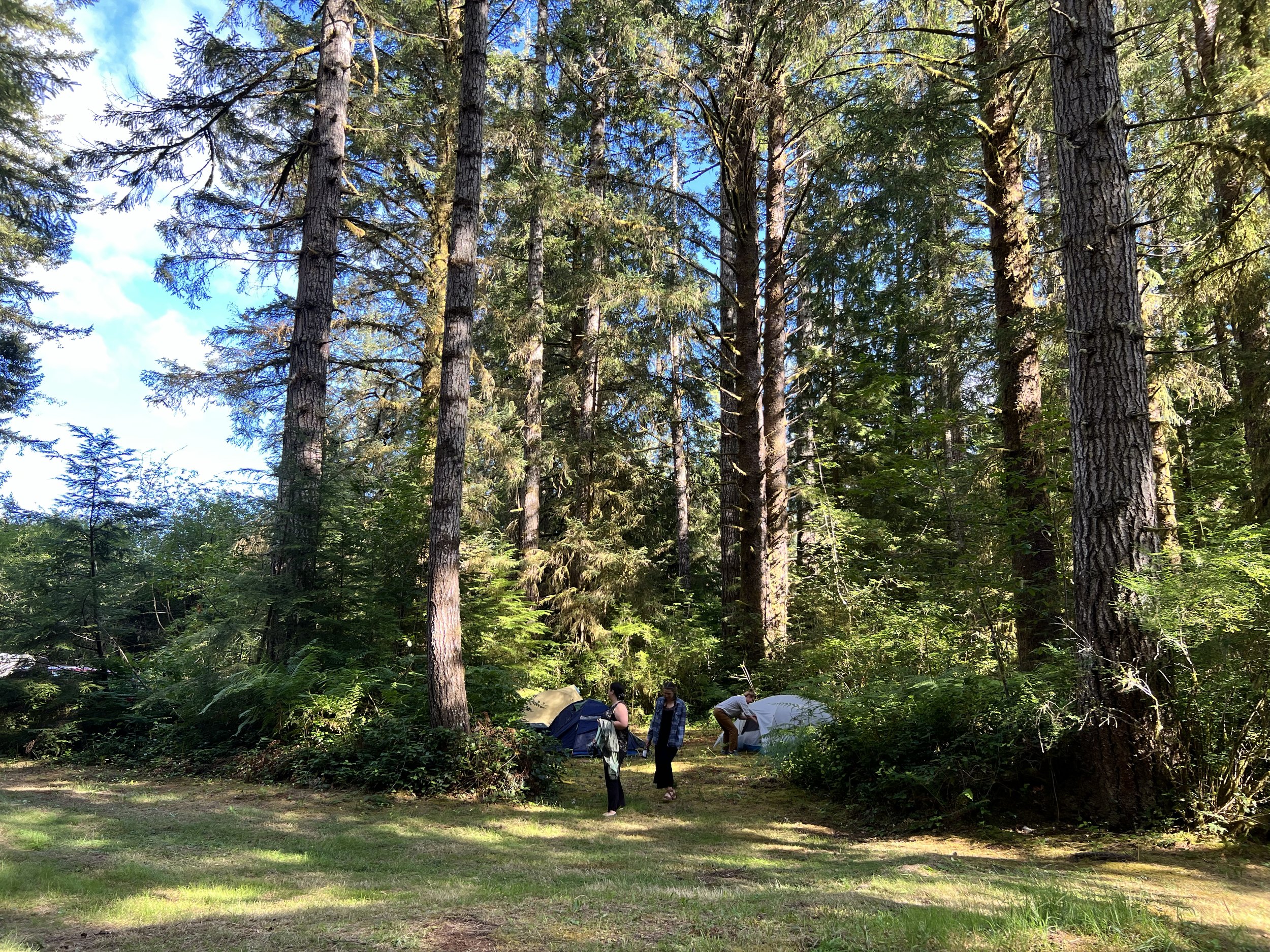
Leadership
The Oregon Land Justice Project is a partnership between the Coalition of Oregon Land Trusts, Tributaries Network, and (formerly) First Light.
Gabe Sheoships
(Cayuse/Walla Walla)
LEAD & FACILITATOR
Board President, Tributaries Network
-
Gabe is an enrolled Cayuse/Walla Walla tribal citizen of the Confederated Tribes of the Umatilla Indian Reservation.
Gabe has dedicated his life's work to protecting, restoring, and reclaiming Indigenous First Foods and their ecological habitats. Through grounding in traditional ecological knowledge and the natural law of Tamanwit, Gabe's work encompasses cultural education, habitat restoration, and inter-generational empowerment and leadership. Over a span of 20 years, Gabe has led efforts that have positively impacted Tribes, federal, academic, non-profit and local organizations. Gabe is a board member of the Center for Diversity and the Environment and Freshwaters Illustrated, and volunteers his time towards other environmental and DEI nexus initiatives in Oregon. He resides in Portland, Oregon.
Anna-Liza Victory
(Cherokee Nation)
MANAGER
Program Manager, Coalition of Oregon Land Trusts
-
Anna-Liza Victory is the Oregon Land Justice Project Coordinator. She is a citizen of the Cherokee Nation and is also of German and Scotch-Irish descent.
Previously, Anna-Liza coordinated the Professional Certificate in Tribal Relations program for the Institute for Tribal Government at Portland State University. She brings with her over three years of experience supporting employees of federal, state, and local governments; nonprofit organizations; and public utilities in their efforts to meaningfully engage with and form stronger ties to tribal governments and tribal organizations.
A graduate of Portland State University, she holds B.A. degrees in International Studies and Anthropology and a certificate in Intercultural Communication. She is particularly passionate about the repatriation of ancestral remains and sacred belongings, Indigenous food sovereignty, and supporting land rematriation efforts through the Land Back movement.
Max Beeken
COUNCIL CATALYST
Stewardship Director, Wild Rivers Land Trust
-
Max has worked as the Conservation Director of the Wild Rivers Land Trust since 2018. The Wild Rivers Land Trust serves a 2.3 million acre service area on the southern Oregon coast which includes several Wild and Scenic Rivers.
Max first moved to the south coast to study at the Oregon Institute of Marine Biology and has worked in the area as a wildlife biologist, fisheries biologist and forester ever since. He enjoys surfing, backpacking and playing music.
Katie Young
(Kanaka Maoli)
-
TBD
Former Leaders
COORDINATOR
Former Indigenous Peoples Project Coordinator, Coalition of Oregon Land Trusts
-
Joe joined COLT after 14 years at The Nature Conservancy, ending his tenure there as the Associate Director of Stewardship. He has also worked closely with COLT, serving on its Board of Directors for the past three years.
Kelley Beamer
LAND TRUST ACCOUNTABILITY & FUNDRAISING LEAD
Former Executive Director,
Coalition of Oregon Land Trusts
-
Kelley Beamer served as the Executive Director at the Coalition of Oregon Land Trusts from 2012 to 2024. She has more than 15 years experience developing strategic advocacy campaigns to advance land conservation. Prior to joining the Coalition of Oregon Land Trusts, Kelley served as the Advocacy and Outreach Manager for the Cascadia Green Building Council, where she implemented statewide public awareness and advocacy campaigns, and managed a branch network in Portland, Bend, Klamath Falls, and Eugene. Kelley began her conservation work in Oregon in 2006 as the Conservation Organizer for Friends of Columbia Gorge, where she organized public support for protecting the unique values of the Gorge and advocated for Land and Water Conservation funds to support the US Forest Service land acquisition program in the Gorge.
Kelley’s extensive experience forging partnerships with diverse communities earned her recognition as one of Oregon’s “35 Innovators Under 35” by 1,000 Friends of Oregon. Prior to coming to Oregon, Kelley worked as a Policy Assistant for the Wildlife Refuge Program of the Wilderness Society in Washington, D.C. where she helped secure more funding for the national wildlife refuge system. Kelley has an effective history of working on local and national conservation campaigns and a lifelong passion for place-based advocacy.
Kelley holds a Bachelor of Arts from the University of Notre Dame and a Masters of Arts in Environmental Policy from American University, School for International Service.
Gabe has dedicated his life's work to protecting, restoring, and reclaiming Indigenous First Foods and their ecological habitats. Through grounding in traditional ecological knowledge and the natural law of Tamanwit, Gabe's work encompasses cultural education, habitat restoration, and inter-generational empowerment and leadership. Over a span of 20 years, Gabe has led efforts that have positively impacted Tribes, federal, academic, non-profit and local organizations.
Funders
This work could not be done without the generous support of our project funders. We are grateful for their trust in this work and their ongoing support of our methodology and approach to land justice.
Partners & Indigenous Advisors
Thank you to our Indigenous colleagues, land trust colleagues, and community partners who made time to share their stories, insights and lessons. We are grateful for your voices, which have shaped and informed the Oregon Land Justice Project.
In the near future, we are seeking to bring in a team of Indigenous advisors to guide the work of the Council and manage the Indigenous Land Relationship Fund.
Joe Buttafuoco
LAND TRUST ACCOUNTABILITY & FUNDRAISING LEAD
Executive Director, Coalition of Oregon Land Trusts
Peter Forbes
FACILITATOR
Co-Director, First Light
-
Peter's focus is helping divided communities to heal, and helping organizations committed to nature and place to open their work to all people. He works directly with communities across the country to have dialogue on matters of consequence to their future, most often about working across differences in culture, power and ideology. Peter also works directly with dozens of organizations in the environmental sector to become more inclusive, diverse, willing and capable of changing themselves. He resides in Fayston, Vermont.
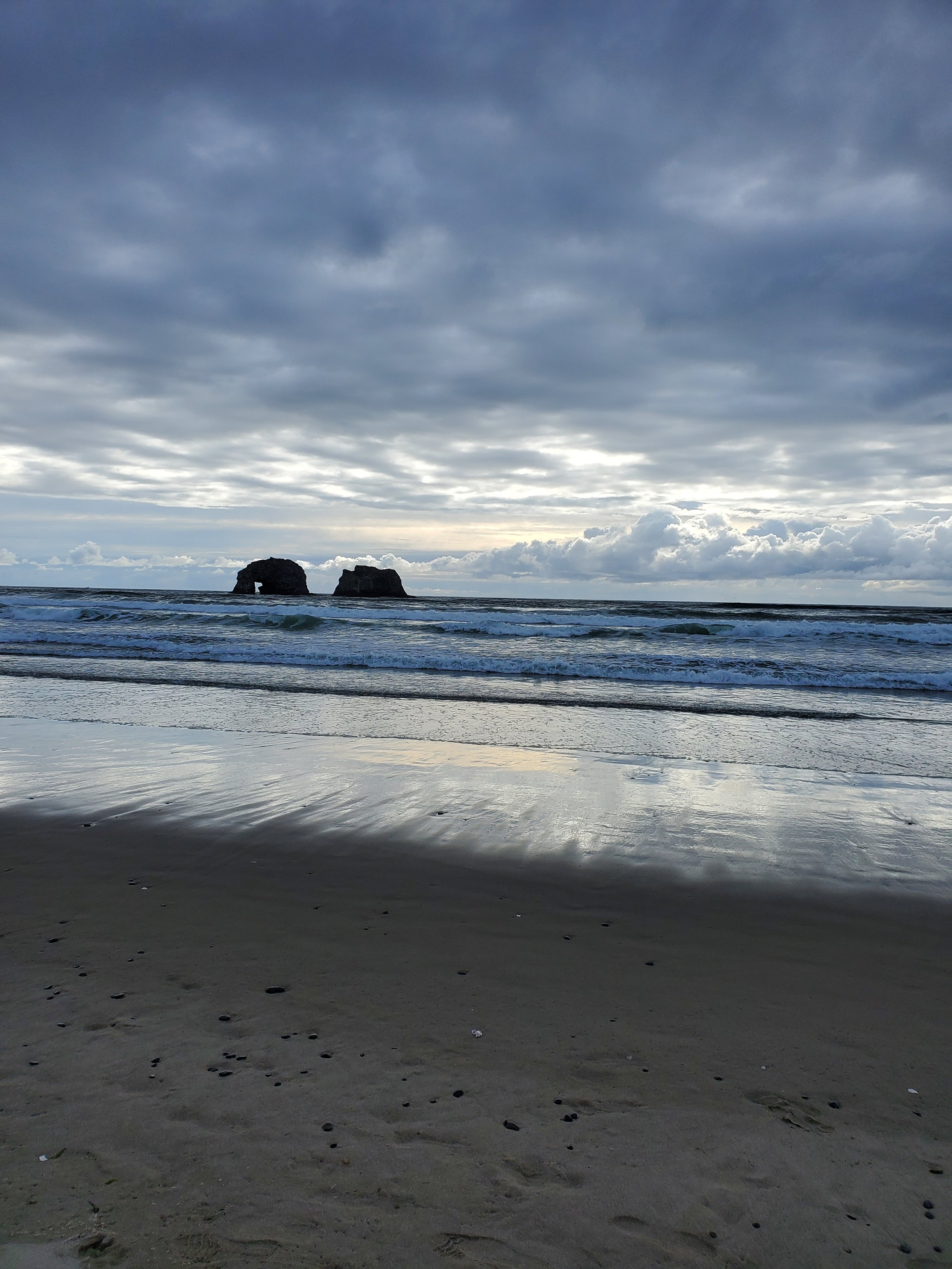
Meet the Oregon Land Justice Project Council
Photo by Gabe Sheoships.
Comprised of land trust staff from across the state, the Council coordinates and maximizes our community’s collective resources, knowledge, and relationships.



